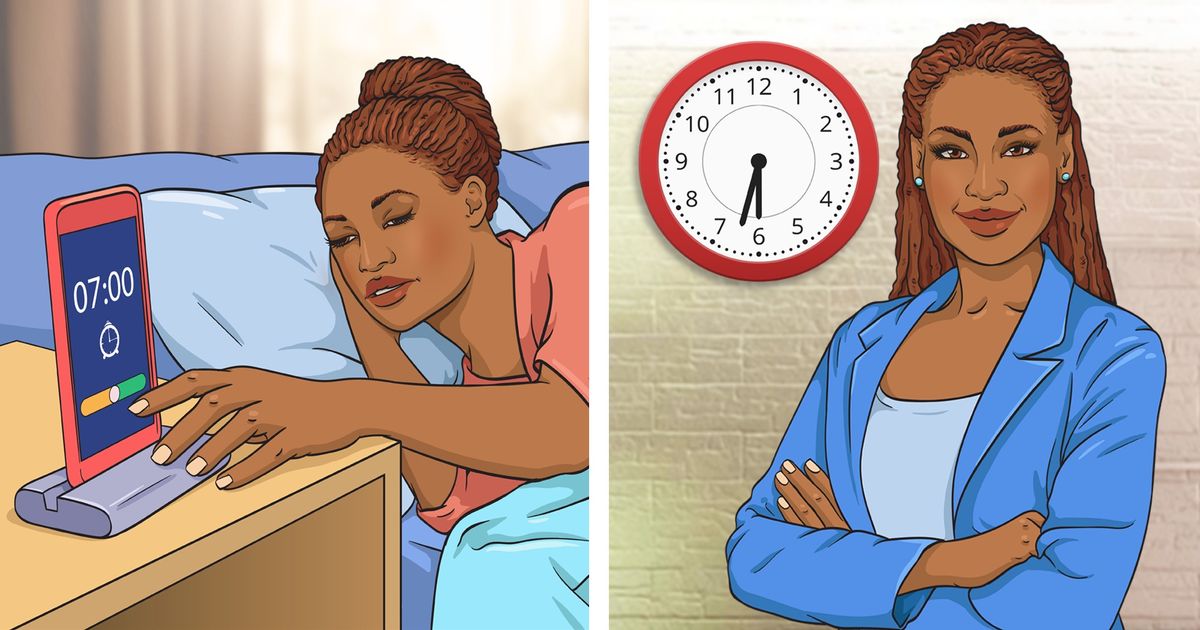The average office worker gains 10-15 pounds in their first year on the job, according to a study by the CDC. Sedentary routines, endless snacks, and chronic stress create a perfect storm for weight gain—but the culprits aren’t always obvious. Below, we break down six science-backed reasons your workplace might be sabotaging your waistline and how to reclaim control.
What Causes Weight Gain?
Social Eating at Work: How Office Culture Encourages Overeating

The Problem: Office birthdays, team lunches, and “cake Fridays” pressure employees to eat even when they’re full. A Journal of Nutrition Education and Behavior study found that 60% of workplace calories come from shared snacks (NCBI).
Why It Happens:
- Social bonding: Saying “no” can feel antisocial.
- Free food effect: People consume 20% more calories when food is free.
- Mindless munching: Distracted eating during meetings leads to overconsumption.
Fix It:
Use smaller plates to control portions.
Politely decline with phrases like, “I’m saving room for lunch!”
Bring healthy alternatives (e.g., veggie platters).
The Hidden Dangers of Mindless Snacking at Your Desk

Why Distracted Eating Packs on Pounds
Eating while typing or scrolling disconnects you from hunger cues. Research in Appetite shows mindless snacking can lead to 25% more daily calorie intake (ScienceDirect).
High-Risk Scenarios:
- Grazing on candy bowls or chips within arm’s reach.
- Eating lunch at your desk while working.
- Stress-induced trips to the vending machine.
Fix It:
Chew gum to curb unconscious munching.
Schedule dedicated snack/meal times away from screens.
Store snacks in opaque containers or drawers.
How Office Lighting and Temperature Influence Food Cravings

Cold Offices Trigger Hunger
A Cornell University study found that workers in colder environments (68°F) consumed 30% more calories than those in warmer rooms (77°F) (Cornell Chronicle). Dim lighting also increases cravings for sugary, high-carb foods.
The Science:
- Cold temperatures boost metabolism slightly but ramp up hunger signals.
- Poor lighting disrupts circadian rhythms, altering appetite hormones like ghrelin.
Fix It:
Keep healthy snacks like nuts or fruit nearby.
Use a space heater or layer clothing to stay warm.
Opt for full-spectrum desk lamps to mimic natural light.
Late-Night Work Sessions and Their Impact on Metabolism

Working After Hours Disrupts Your Body Clock
Late-night screen time suppresses melatonin, delaying sleep and slowing metabolism by up to 8% (National Sleep Foundation). Sleep deprivation also spikes cravings for junk food.
Consequences:
- Reduced insulin sensitivity (linked to weight gain).
- Increased production of hunger hormone ghrelin.
- Lower willpower to resist unhealthy foods.
Fix It:
Practice a 10-minute wind-down routine (e.g., meditation).
Set a strict “no work” cutoff time (e.g., 7 PM).
Use blue light-blocking glasses after sunset.
Chronic Stress from Deadlines: The Cortisol-Weight Gain Cycle

How Stress Hormones Fuel Belly Fat
Cortisol, released during stress, increases appetite and directs fat storage to the abdomen. A Harvard study found chronic stress raises obesity risk by 50% (Harvard Health).
Workplace Triggers:
- Tight deadlines.
- Micromanagement.
- Unpredictable workloads.
Fix It:
Advocate for realistic deadlines with your manager.
Practice 5-minute breathing exercises (try the 4-7-8 method).
Use time-blocking to manage tasks.
Sedentary Work Habits: Sitting Is the New Smoking
The Hidden Cost of 8-Hour Desk Days
Sitting for prolonged periods slows circulation, reduces calorie burn, and weakens muscles. The Mayo Clinic warns that sedentary jobs increase obesity risk by 33% (Mayo Clinic).
Combat It:
Walk during calls (aim for 5,000+ steps daily).
Stand for 10 minutes every hour (use a phone alarm).
Invest in a standing desk or under-desk treadmill.
Conclusion: Small Shifts, Big Wins
Weight gain at work isn’t inevitable. By identifying hidden triggers—like mindless snacks or cortisol spikes—you can make targeted changes. Start with one habit (e.g., taking walking meetings) and build momentum.
Engage With Us:
💬 Which workplace habit is hardest for you to break? Share below!
🔔 Subscribe for more science-backed health strategies.
📌 Bookmark this guide to revisit tips.
Your health is your greatest career asset—protect it.









